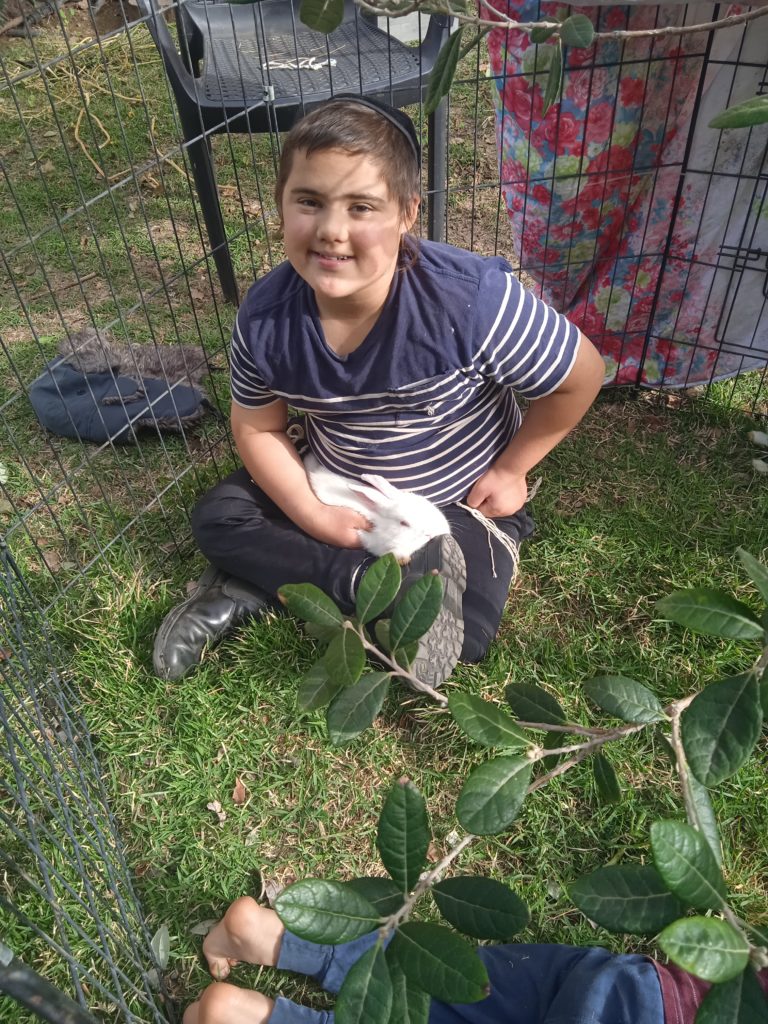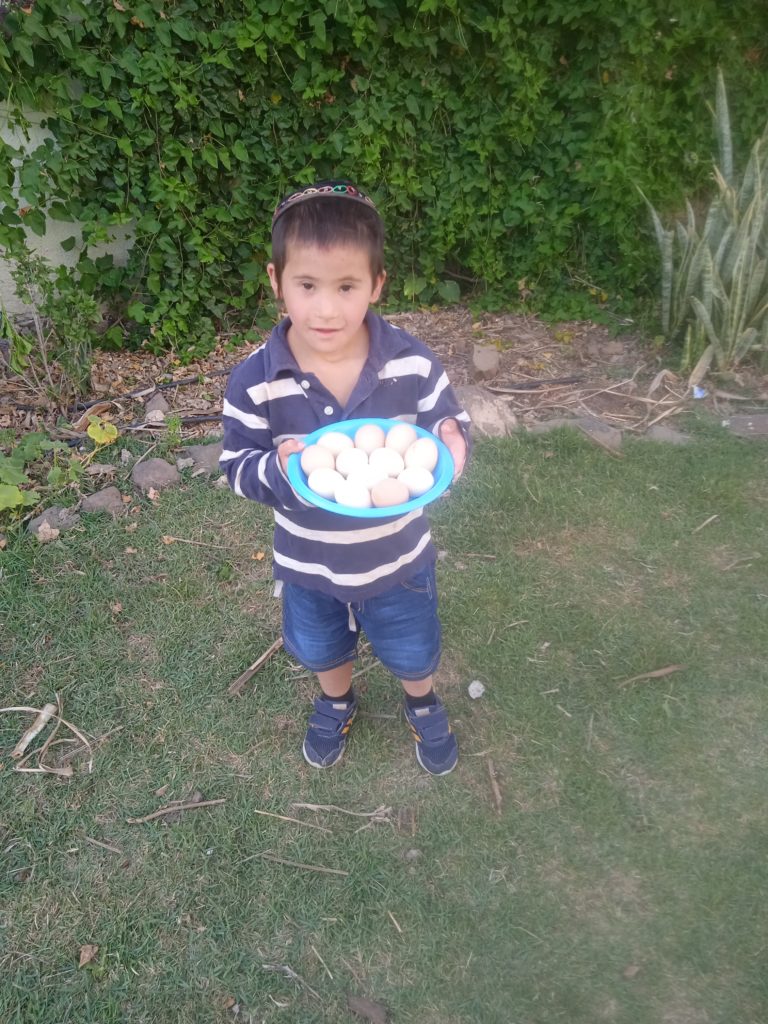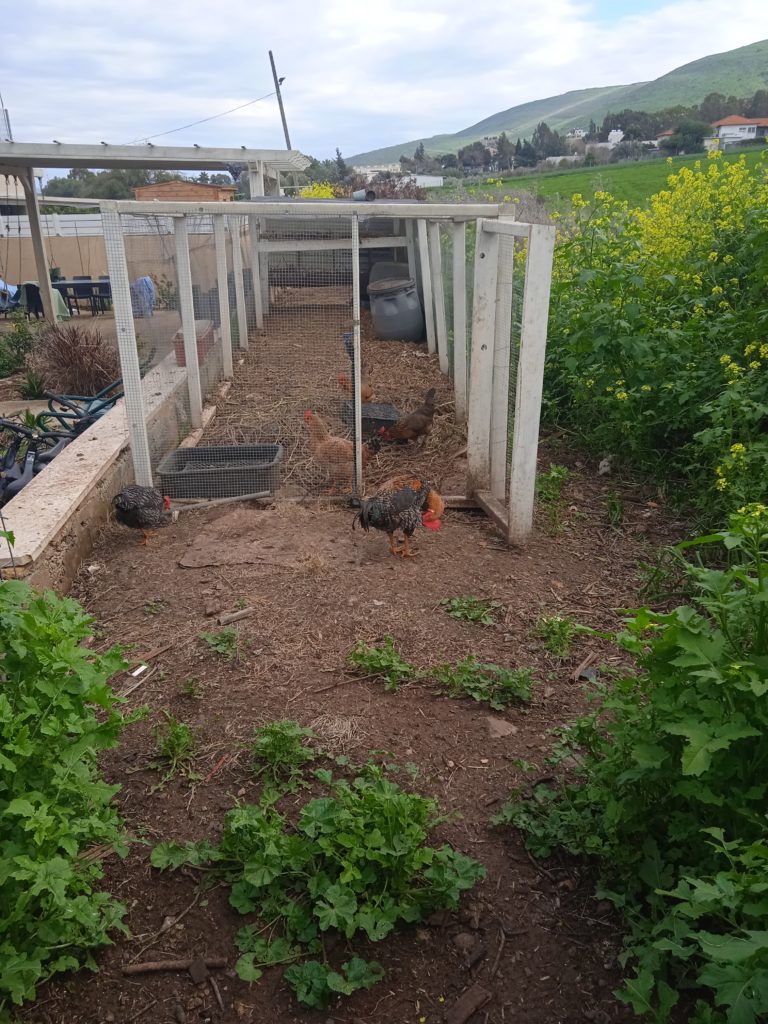There’s a pithy phrase that was popularized in the WW2 era: ‘Waste not, want not’. There are so many resources available to us and when we look at them with a creative set of eyes, you’ll often find more life left in that item than you previously assumed. Do you need it, can you extend it, or can you upcycle it to use it differently?
Here are some examples:
———————————-
Food – Do you need to use the expensive ingredients listed in the recipe, or can less costly similar ingredients be substituted? Can you prepare less of the dish rather than be left with leftovers that end up being thrown away? Can you cut down on the frequency of meat meals, and integrate meatless meals during the week?
—————————————
Repurposing clothing – My son ripped the elbow of a high quality shirt that was in excellent condition. Patching that wouldn’t be doable or aesthetic, so I headed to YouTube to watch a video on how to turn a long-sleeved shirt into a short-sleeved shirt. It was the first time doing this for me and my first attempt wasn’t perfect, but it looks pretty good. Next my husband asked if I could do the same to a cufflink shirt of his; he now has two ‘new’ work shirts.
Another example: my boys are hard on pants, and I periodically recycle their ‘good’ pants to ‘work’ pants. That is almost always because they’ve ripped the knees. I patch them from behind using material from a pair of pants that I keep for this purpose, then reinforce the patch at the knees and the areas around it repeatedly so they’re very strong. I do it all with the same color thread as the pants, and this extends the life of them for a long time as work pants. They do a lot of hiking/biking, outdoor work and home repair work, so these pants get a lot of use.
————————————-
Spatula, a valuable frugal tool – Ds10 and ds5 and I made banana muffins yesterday. Ds10 wanted to taste the batter and I told him he could lick out the bowl when we finished. He was dismayed when I took out a spatula and ran it along the bowl, scraping out enough for two or three more muffins. He still got to lick the bowl but it didn’t have the generous amount leftover that he was hoping for! A spatula is a simple thing but it’s amazing how much you can get out of that can or container or bowl by scraping it with the spatula.
————————————-
Repurposing containers – At the same time that there’s a huge industry selling us storage containers to organize items in our homes, there are many free containers that come into the home that can be productively reused, reducing or eliminating the need to buy the ‘storage solutions’. Here in Israel when we buy screws and nails, they are sold from bulk bins and you bag the amount you want. So you don’t come home with a box for them. My husband recently was organizing the hardware and found that the peanut butter jars with screw on lids were perfect for keeping nails and screws organized well.
And then there’s the glass jars and bottles that store bought food comes in. I didn’t use to reuse them because I didn’t see the value of the recycled containers or cleaning them out seemed like too much work, but now have recognized how useful they can be! So now I reuse most of the glass jars that come into our home. If the jars have metal pop-top lids, I use them for canning. If not, I use them for storage.
Lately I’ve been saving glass grape juice bottles rather than recycle them – until now I’ve been storing our goat milk in recycled plastic water bottles, and while plastic has its advantages, glass is a healthier option for storing food.
—————————————————
Saving electricity – Electricity costs have gone up world-wide, and that’s motivated me to be more conscious of all the quiet leakage going on in our home. Though we hardly use air conditioning, we regularly have way more lights and ceiling fans on than we need. Someone leaves a room without turning off the light, then goes into the next room and turns on the light – and so it goes. I’ve begun asking our boys to be more conscious of this, and while I don’t go around all day long being the electricity police, I do turn off lights and fans that aren’t in use. I’ve explained to them there’s no use spending money on something that brings us no benefit; it’s just throwing money in the garbage.
Building supplies and natural resources – My son dug up a lot of dirt in the backyard when preparing to build a shed. He piled it to the side of the yard and left it while he was building the shed. Once the shed was done, it was time to find a place for this dirt. The easiest thing would have been to dump it. However, I wanted to build a raised garden bed, and it made no sense to dump it and then at a later time to dig up more dirt to fill the raised bed. We also had pallet wood in the spot that the shed was built that we needed to find a new home for, so I asked him to use the wood to build a garden bed. He built the raised bed using the pallet wood scraps, filled the bottom of the raised bed with more wood scraps hugelkultur style, and then dumped all the dirt on top. (Though the dirt is low quality fill dirt that will have to be actively enriched to be a decent growing medium, it was still worthwhile to do this.)
I’ve been looking for a rack to hang in the kitchen to organize brooms, dustpans and sponja sticks for ages. I know they exist but haven’t found one. Finally, I asked my husband if he could make something for me. Using a scrap of white painted wood (a castoff from another project), he attached hooks along the length of it. Then he screwed a wire ring into the end of the sponja stick so it could be hung; the brooms already had holes in the handles. Free, using what we already had in the house, and now my kitchen is better organized.
These are just some ideas to get you thinking creatively, not a complete list of things we’ve done. I could give you so many more examples – we do this regularly because it’s an extension of the way we think: to look for ways to use our resources wisely and responsibly. It’s particularly satisfying to create something useful from something that seemed destined for the garbage/recycling. And I also appreciate when we are able to put in the effort to maintain an item rather than replace it.
I do want to clarify that I don’t like clutter, so this doesn’t mean keeping a huge amount of stuff piled around. If it’s something I’m not likely to reuse, I rehome it as quickly as I can so it doesn’t take up space in my home.
Waste not, want not – there is abundance in using what you have wisely and well.
Do you have things you’ve done to recycle, upcycle or otherwise extend your resources? Please share your ideas in the comments for others to learn from!
Avivah




